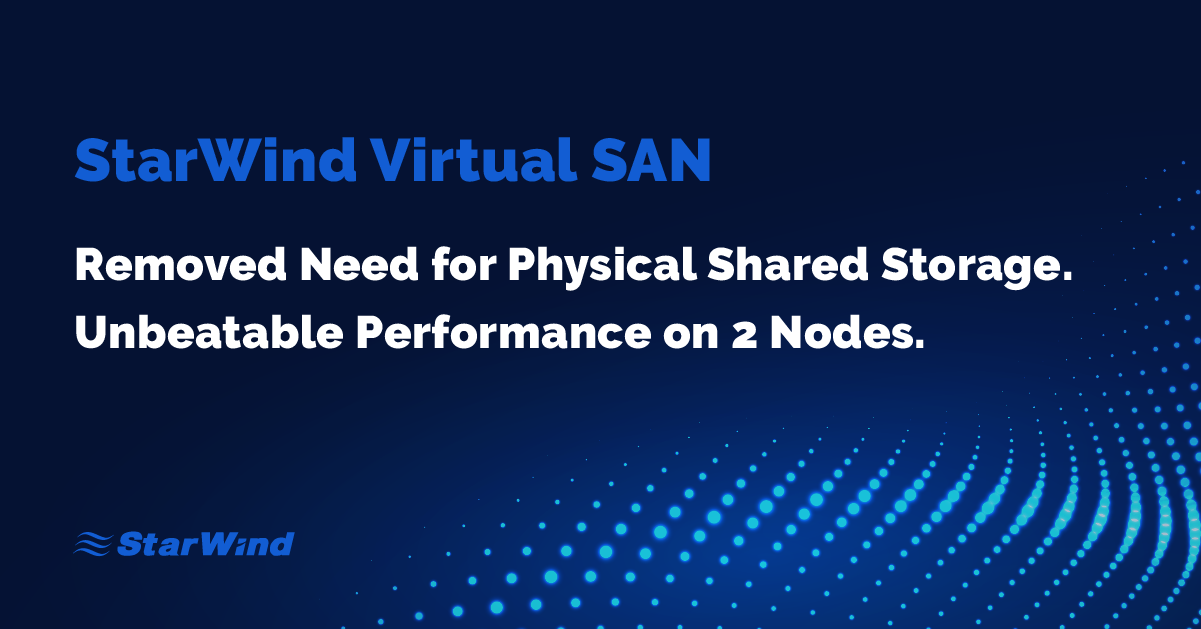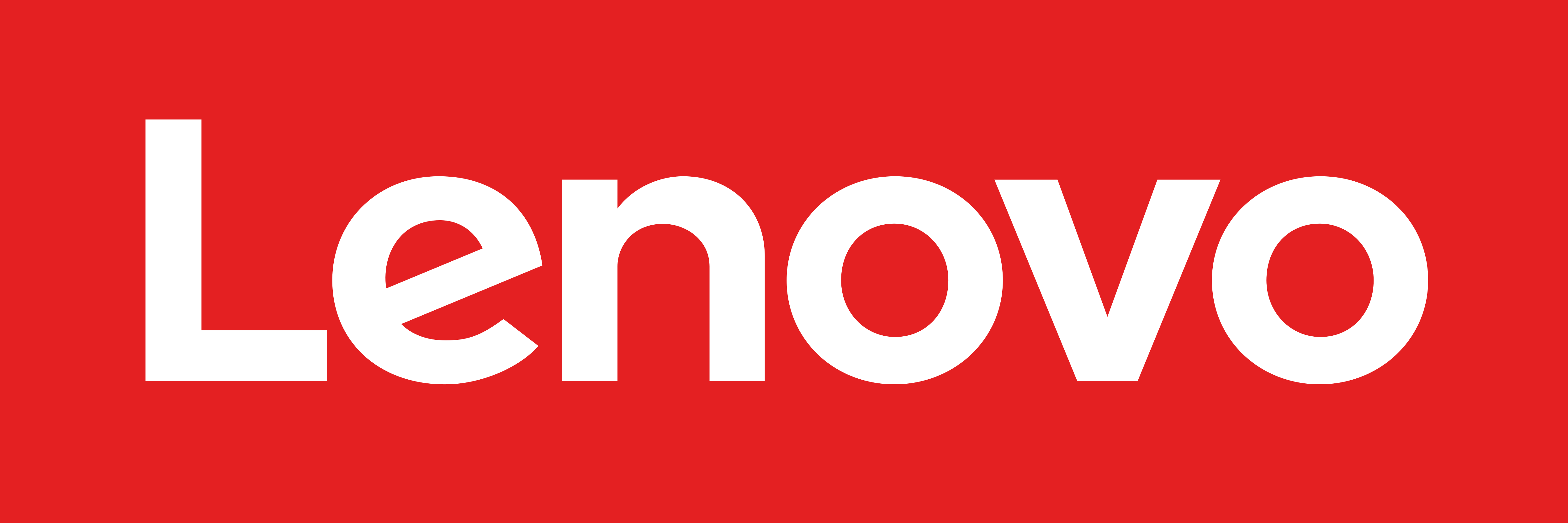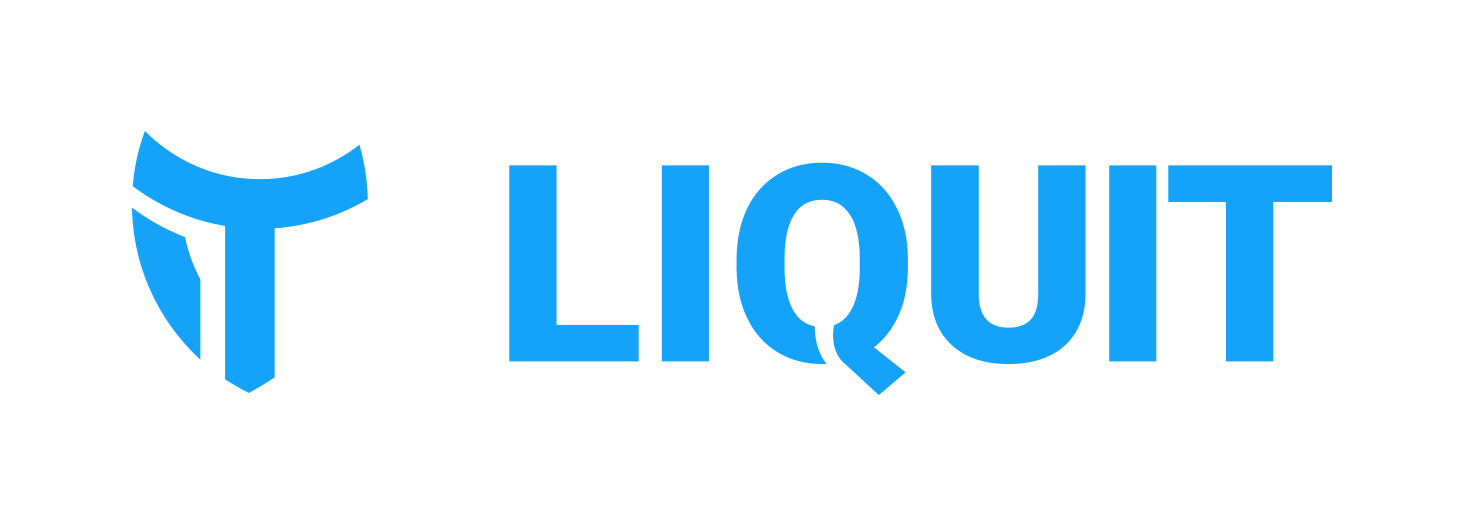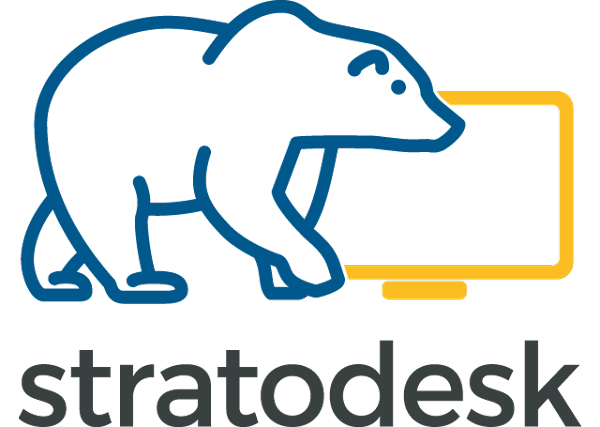
This series focuses on VDI, DaaS, virtual desktops, and Thin Clients
VMblog 2021 Mega Series Video: Cameyo Offers Expertise on End User Computing and Remote Work
Written by Brian Ducharme
In this episode, VMblog is joined by a long time End User Computing expert, Andrew Miller, co-founder and CEO of Cameyo. Watch and learn as he provides a quick overview on Cameyo, and explores the who, what, why of end user computing. Find out things like, is VDI dead? And how has the cloud reshaped EUC?
During this video interview, you'll find out how Cameyo differentiates itself in the EUC market from its competitors and why you might prefer their solutions to others. Find out what specific problems they solve. And find out how they enable a shift to remote and hybrid work.
Watch as Miller explores the Cameyo solution in a quick demo to wrap things up so you can see the technology for yourself.
VMblog 2021 Mega Series Q&A: Cameyo Industry Expert Weighs in on End User Computing and Virtual Application Delivery
Written by David MarshallWelcome to the VMblog 2021 Mega Series where we'll be covering a number of different and important topics throughout the coming months. In this series, you'll be hearing from the industry leaders and experts in order to help you make important decisions within your own organization. Follow along for a chance to better understand a number of topics and find out more about some of the best technologies available out there in the industry.
In today's Q&A, we're speaking with industry expert, Andrew Miller, CEO of Cameyo, and we're diving into the topic of end user computing.
Cameyo is the secure Virtual Application Delivery (VAD) platform for any Digital Workspace. Cameyo provides a simple, secure, cost-effective, and flexible solution for delivering all your apps – legacy Windows, internal web, and SaaS – to any device from the browser without the need for Virtual Desktops or VPNs. By enabling organizations to provide their people with secure access to the business-critical apps they need to stay productive from anywhere, Cameyo helps make remote/hybrid work and distance learning, work.
VMblog 2021 Mega Series Video: Tehama Shares Expertise on EUC and Work From Anywhere Topic
Written by Brian Ducharme
In this episode of the VMblog Mega Series, VMblog is joined by industry expert, Nabeel Youakim, Chief Development Officer at Tehama. Watch and learn as Youakim provides a deep dive look into the topics of End User Computing and Work From Anywhere, and how his company, Tehama, approaches both.
Kicking things off, watch and listen as Youakim gives a quick background and explanation on Tehama. And find out how Tehama defines the end user computing (EUC) space, and where his company fits within the broader EUC ecosystem. Youakim also gives a fantastic explanation of how Tehama differs from its competitors in the space, and explains why an organization would select Tehama versus another solution in the market. And then he continues by providing some of the key benefits for organizations that choose to engage with Tehama.
Youakim has been in this industry for quite some time, and he provides years of experience and practical knowledge across a number of subjects. He explains how the move to the cloud has impacted the EUC space and the ways in which EUC has evolved more recently. He also discusses some of the key challenges businesses currently face as we move into the work-from-anywhere era, and how Tehama is solving for those challenges. And finally, he offers a number of key take-aways that businesses should be mindful of moving forward as they plan and provision their EUC infrastructures.
VMblog 2021 Mega Series Q&A: Nabeel Youakim Joins Tehama as Chief Development Officer: What's Next for the Company and the EUC space?
Written by David MarshallWelcome to the VMblog 2021 Mega Series where we'll be covering a number of different and important topics throughout the coming months. In this series, you'll be hearing from the industry leaders and experts in order to help you make important decisions within your own organization. Follow along for a chance to better understand a number of topics and find out more about some of the best technologies available out there in the industry.
In today's Q&A, we're speaking with industry expert, Nabeel Youakim, Chief Development Officer, Tehama, and we're diving into the topic of end user computing.
Tehama is the fastest, easiest, most secure way to deploy a virtual workforce. Recently, EUC industry veteran Nabeel Youakim joined the company as Chief Development Officer. We sat down with him to learn about his new role with Tehama and what's next for the company.
VMblog 2021 Mega Series Q&A: Parallels Explores and Educates on End User Computing
Written by David MarshallWelcome to the VMblog 2021 Mega Series where we'll be covering a number of different and important topics throughout the coming months. In this series, you'll be hearing from the industry leaders and experts in order to help you make important decisions within your own organization. Follow along for a chance to better understand a number of topics and find out more about some of the best technologies available out there in the industry.
In today's Q&A, we're speaking with industry expert, Don Clemmer, Enterprise Sales Engineer at Parallels, and we're diving into the topic of end user computing.
VMblog 2021 Mega Series Video: Parallels Offers Expertise on End User Computing and Work From Anywhere
Written by Brian Ducharme
Are you interested in learning more about the end user computing industry? What about better understanding the challenges and benefits of Working from Anywhere? Do you have problems and challenges in your organization and need solutions? Maybe you're just looking to better understand which vendors and technologies are out there and available to you. The VMblog Mega Series is the perfect series for you!
As part of the Mega Series, over the next few months, you'll hear from a number of industry experts and leaders across multiple topics to help you make important decisions within your own organization.
In this episode, VMblog is joined by a long time End User Computing expert, Don Clemmer, Enterprise Sales Engineer at Parallels. Watch and learn as he provides a quick overview on Parallels, and explores the who, what, why of end user computing. What are the benefits? What are the coming trends? How did the pandemic affect the market, and what happens now that more organizations are working from home or working from anywhere? And how has the cloud reshaped EUC after being an on-premises focused market for so long.
Find out how Parallels and their solutions help companies create secure remote work environments, and hear what makes Parallels RAS unique compared to other VDI or desktop virtualization solutions on the market. Stick around to the end and watch as Clemmer explores some of the latest features of Parallels RAS with a quick demo.
Learn more about Parallels RAS at their Website.
Read the VMblog 2021 Mega Series Q&A with Parallels exploring Work From Anywhere.
VMblog 2021 Mega Series Video: Liquidware Shares Expertise on End User Computing (EUC) Market
Written by Brian Ducharme
Are you interested in learning more about the end user computing industry? Do you have problems and challenges in your organization and need solutions? Maybe you're just looking to better understand which vendors and technologies are out there and available to you.
VMblog's Mega Series is the perfect series for you! As part of the Mega Series, over the next few months, you'll hear from a number of industry experts and leaders across multiple topics to help you make important decisions within your own organization.
In this episode, VMblog is joined by a long time End User Computing expert, Jason E. Smith, VP of Product Marketing at Liquidware.
Watch and learn as he provides a quick overview on Liquidware, and explores the who, what, why of end user computing. What are the benefits? What are the coming trends? How did the pandemic affect the market, and what happens now that more organizations are working from home or working from anywhere? How has the cloud reshaped EUC after being an on-premises focused market for so long.
Find out how Liquidware differentiates itself in the EUC market from its competitors and why you might prefer their solutions to others. And watch as Smith explores some of the latest Liquidware features in a quick demo.
VMblog 2021 Mega Series Q&A: Liquidware Explores and Educates on End User Computing
Written by David MarshallWelcome to the VMblog 2021 Mega Series where we'll be covering a number of different and important topics throughout the coming months. In this series, you'll be hearing from the industry leaders and experts in order to help you make important decisions within your own organization. Follow along for a chance to better understand a number of topics and find out more about some of the best technologies available out there in the industry.
In today's Q&A, we're speaking with industry expert, Jason E. Smith, VP of Product Marketing at Liquidware, and we're diving into the topic of end user computing.
















